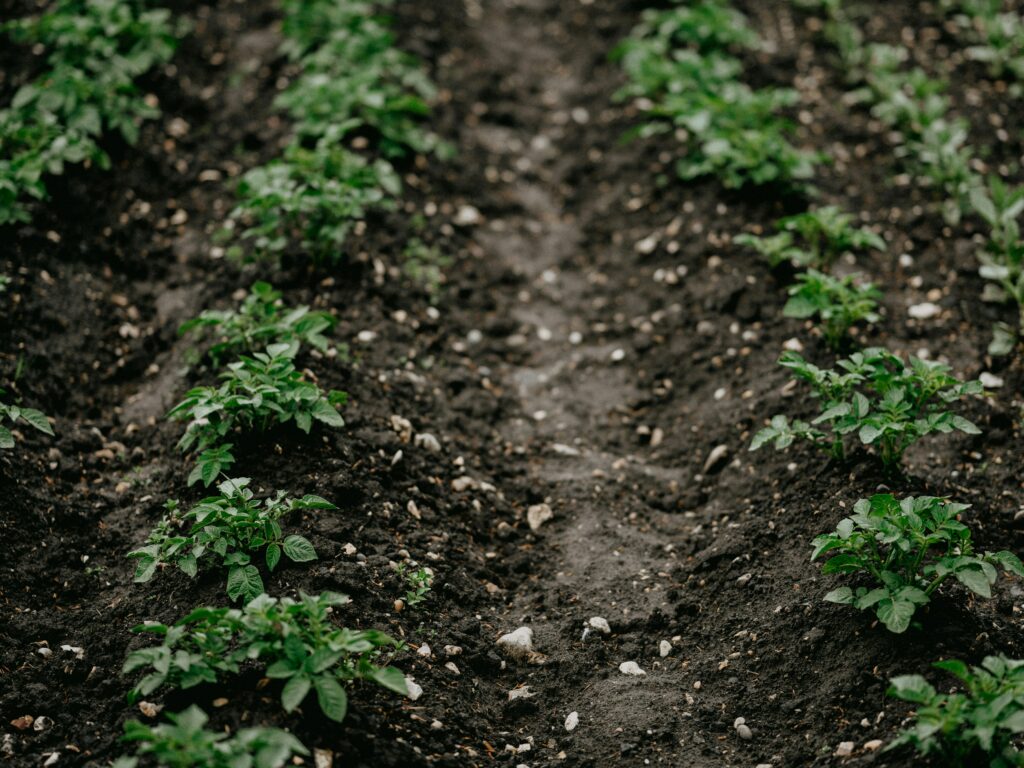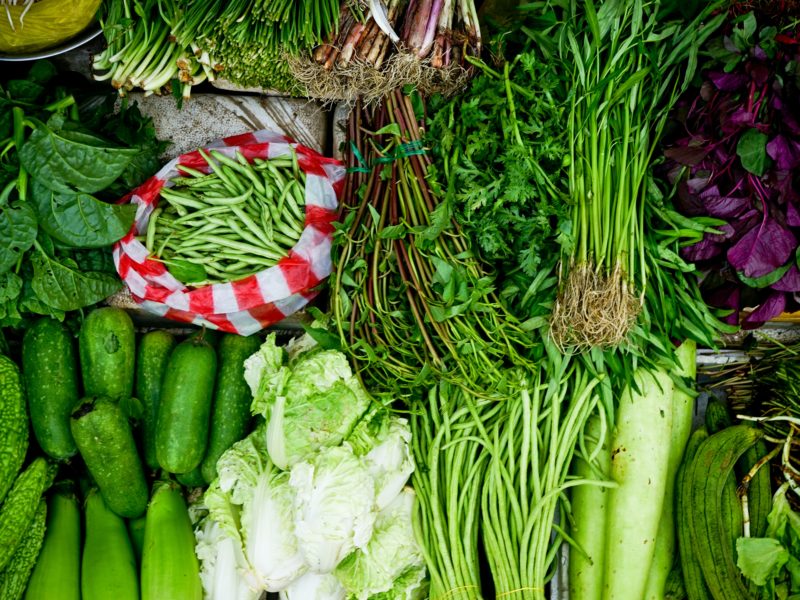When discussing climate solutions, we often look up to the skies and think about carbon emissions. But one of the most powerful tools for reversing climate change lies beneath our feet: soil. Healthy soil doesn’t just grow our food—it’s a living ecosystem that stores carbon, filters water, and sustains biodiversity.
Unfortunately, decades of conventional farming practices have degraded over 50% of the world’s topsoil, releasing carbon instead of storing it. But organic farming offers hope. Organic agriculture helps repair the planet from the ground up by nurturing rather than depleting the soil.
Here are 5 science-backed reasons why organic farming is better for soil and the climate:
1. Organic soil stores more carbon
Healthy soil acts like a sponge, storing carbon that would otherwise be in the atmosphere. Studies show that organic systems can increase soil organic carbon by up to 18% more than conventional systems.
2. No synthetic fertilizers or pesticides
Organic farmers avoid synthetic chemicals that disrupt soil microbes and pollute waterways. Instead, they rely on natural inputs like compost and cover crops that build soil life and structure.
3. Better water retention & drought resilience
Organic soils retain up to 20% more water, thanks to richer organic matter. That means stronger crops during drought and less erosion during floods.
4. Promotes microbial biodiversity
Healthy soil is teeming with life. Organic farming enhances microbial diversity, which plays a key role in carbon cycling, nutrient availability, and disease suppression.
5. Regenerates degraded land
Organic techniques like crop rotation, green manures, and reduced tillage actively rebuild soil structure and fertility, turning depleted fields into carbon sinks.
Organic farming is a climate solution we can all support from soil to soul. By choosing certified organic, you’re helping restore the Earth’s most vital resource—our living soil—and investing in a healthier, more resilient planet for future generations.




